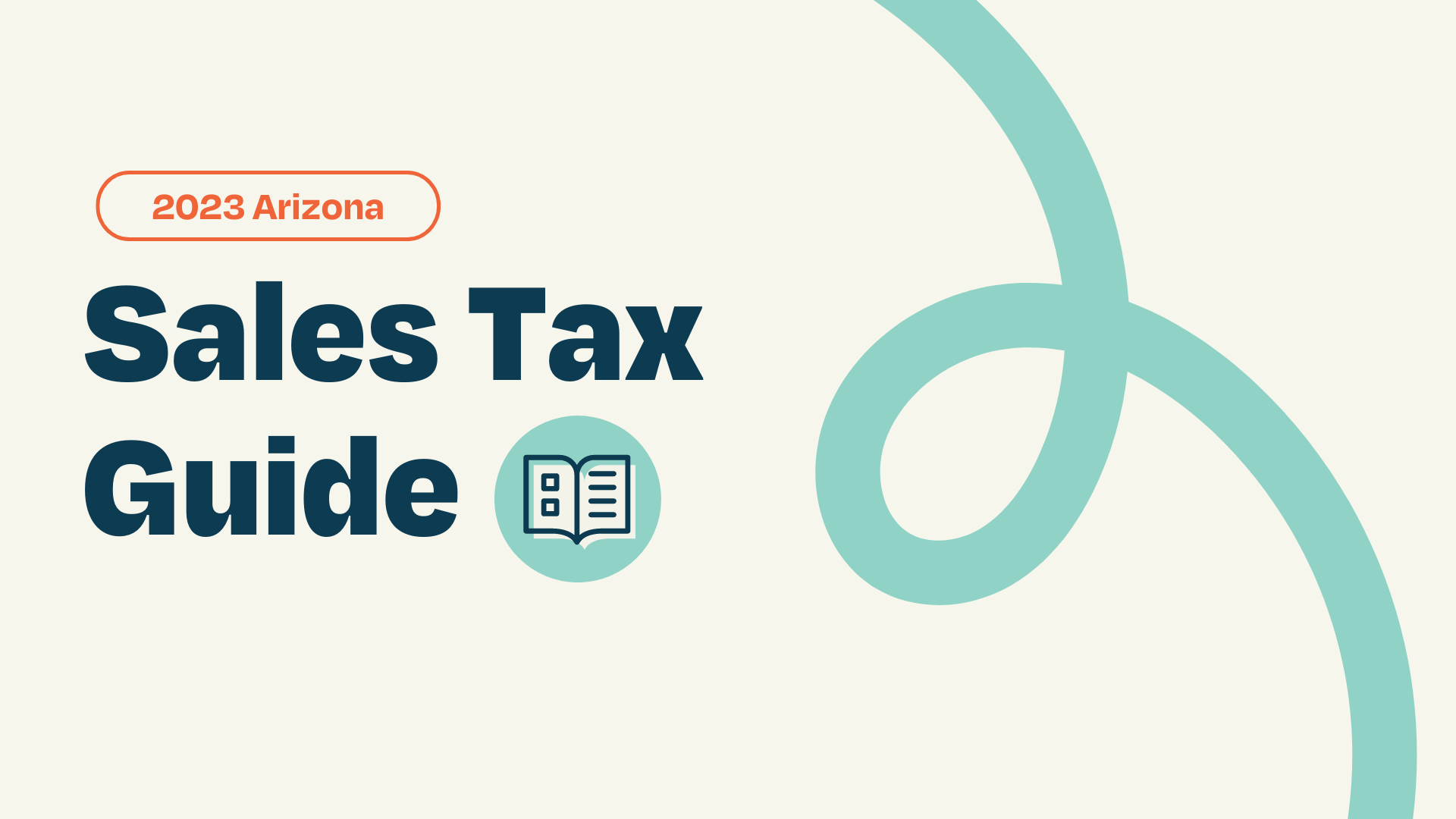1 min read
2025 Arizona Sales Tax Guide
Arizona Sales Tax in a Word Under the endless Arizona sky, small businesses like yours are thriving and making their mark. But while the...

As any small business owner can testify, once you’ve grown your business to the point where you need help outside your immediate family, your headaches increase exponentially. Once you have employees, you have a lot more to worry about. There are legal requirements that can trip you up, at both the state and Federal levels. Taxes are the biggest and most visible issue, and payroll tax mistakes have caused too many bankruptcies to count. After payroll taxes, there is the Fair Labor Standards Act, which mandates (among other things) overtime pay for hourly workers. The “among other things” in the FLSA could fill volumes, and I will probably write about them in more detail as time goes by, but I’m going to spend the rest of this post talking about the little details of Arizona employment law that can be bothersome, annoying, and occasionally expensive.
Arizona is a very employer-friendly state, compared to others. Ask any small business owner that operates in California where they’d prefer to be, and they’ll tell you that, other than the weather, they’d much rather be in Arizona. Compared to some of the bluer states, complying with Arizona employment law is simple and inexpensive. Last April, the Arizona legislature made some changes to our employment laws that made it even easier for small businesses to meet their obligations, by loosening a couple of deadlines that many employers found difficult to meet.
As a small business employer in Arizona, here are the main things you need to worry about from the state:
Failure to meet a payment deadline can expose you to legal liability. An employee that isn’t paid on time has the right to sue in small claims court, and recover damages (meaning, pay him on time, or pay him three times - your choice). If you miss a payday, and your employee incurs bank charges for insufficient funds due to automatic debits, late charges on a mortgage, or gets evicted....damages can mount up fairly quickly. You expect your employees to show up for work on time, and pay attention to their responsibilities. You owe them the same consideration, and if you make a mistake, you need to correct it immediately. Just because your employee is too afraid of losing his or her job to take you to court, doesn’t mean it’s not costing you in lost productivity, disloyalty, and loss of your professional reputation.
The recordkeeping requirements associated with Federal and state employment laws are significant, and if your business isn’t large enough to warrant a full-time human resources and payroll specialist, it’s probably worth your time and energy to consider outside help in meeting those obligations. Accountingprose can help and can add value to your business in the process.

1 min read
Arizona Sales Tax in a Word Under the endless Arizona sky, small businesses like yours are thriving and making their mark. But while the...
.png)
Hiring your first employee can be a daunting experience. After all, you’re responsible for not only finding the right person to fill an important...

1 min read
As a small business owner, you wear many hats, juggling various responsibilities to keep your company running smoothly. One of the most important...